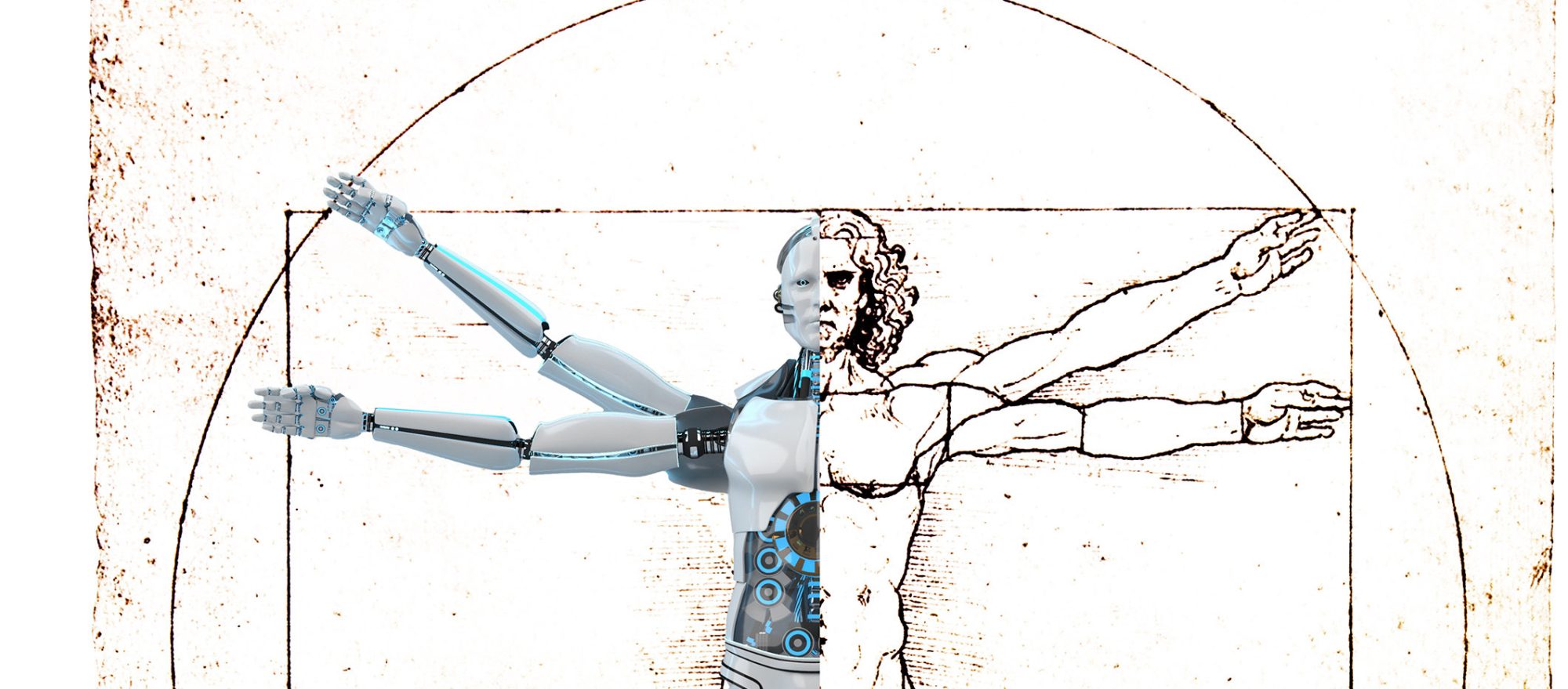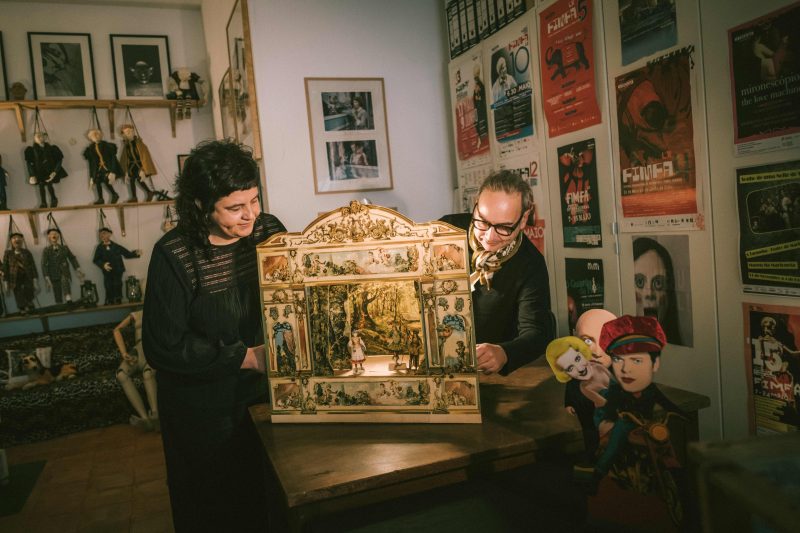All sessions are spoken in Portuguese.
This cycle aims to be a forum for reflection on the major themes of our near future, taking into account the impact that technologies have on society, with special emphasis on what is happening in the fields of the arts, culture and knowledge. The growing virtualisation of the world and of experience, in the context of a certain technological determinism, has transformed our perception of events, making us recognise ourselves more and more in a man-machine symbiosis, with the natural conflicts of identity and consequent apprehension of a subordination of what is human. Like politics, art also requires an understanding throughout time. Today, we are witnessing a sudden explosion of experiences taking place almost simultaneously. Our relationship with time has changed significantly and shapes our presence – or absence – in a world of mediated experience. Recent developments in what is known as Artificial Intelligence have emphasised our concern for a radical change in the foundations that determine our societies, based above all on a humanist perspective. This Cycle aims to contribute to the knowledge and analysis of these issues, with the participation of researchers, philosophers, essayists, university professors and artists, whose proven specialisation and experience in these various thematic areas will enable their approach from an informed perspective.
Themes to be addressed throughout the thought cycle: Our trans- and post-human future | Artificial Intelligence and artistic creation | The technologised body | Brain, body, mind, intelligence and simulation | The future of knowledge and know-how | Identity, technology, nature | A path to utopia or destruction? | The place of art in the context of its radical democratisation | Collaborative intelligence | Technological utopia | Time, silence, contemplation | Art and science | The man-machine symbiosis.
January 18
Joe Paton
Joseph (Joe) Paton received his bachelor’s degree in biology from Tufts University in 2000. In 2008, he received his Ph.D. with distinction from Columbia University in Neurobiology and Behavior, and shortly thereafter entered the Champalimaud Neuroscience Program, where he was a fellow from 2008 to 2012. He is currently Principal Investigator and Director of the Champalimaud Neuroscience Program (CNP) at the Champalimaud Foundation (CF) in Lisbon, Portugal. Alumnus of the Simons Foundation on the Global Brain, a Howard Hughes Medical Institute International Research Scholar, is the holder of a European Research Council Consolidator Grant. His laboratory focuses on the neural mechanisms and computational principles of learning, decision making, action selection and timing. In trying to understand how the brain combines these functions to produce intelligent behavior, we have increasingly moved into areas that overlap with modern AI research. During his tenure as CNP Director, Paton also led the development of a new Digital Therapeutics center at CF, as well as representing CF as a member of the recently announced Center for Responsible AI.
February 8th
Fátima Vieira
Vice-Rector for Culture at the University of Porto and Full Professor at the Faculty of Arts at the University of Porto (FLUP), where she has taught since 1986. She was President of the Utopian Studies Society / Europe between 2006 and 2016. She was awarded the Lifetime Award in 2023 Achievement Award established by the Utopian Studies Society / Europe.
March 7th
António M. Feijó
He is currently President of the Board of Directors of the Calouste Gulbenkian Foundation. Full Professor at the Department of English Studies and the Program in Literature Theory, at the Faculty of Arts of the University of Lisbon. He was Director of the Faculty of Arts, Vice-Rector and Pro-Rector of the University of Lisbon. PhD in English and North American Literature (Brown University). He is the author of books and essays on topics in English, North American and Portuguese literature
April 6th
Leonel Moura
Leonel Moura is a pioneering artist in the application of robotics and artificial intelligence in art. In 2001 he created the first robot capable of creating original abstract paintings, without human intervention. In 2010 he created the Robotarium, the first zoo for robots in the world. He was appointed European Ambassador for Creativity and Innovation.
May 9th
Gonçalo M. Tavares
Writer and university professor. PhD from FMH. Responsible for the course “Body and Contemporary Thought”. As a writer he has been publishing since 2001 and is being translated in more than 50 countries. His books have received several awards in Portugal and abroad. With Learning to Pray in the Age of Technique he received the Prix du Meuilleur Livre Étranger 2010 (France), an award previously awarded to Robert Musil, Orhan Pamuk, John Updike, Philip Roth, Gabriel García Márquez, Salman Rushdie, among others.
June 18th
José Bragança de Miranda
Essayist and university professor. PhD in Communication Sciences from Universidade Nova de Lisboa, with aggregation in «Theory of Culture» at the same University. He is currently a Full Professor at Universidade Lusófona, researcher at Cicant and collaborator at ICnova (UNL). He has extensive published work in the context of culture and art. Since December 2022, he has served as Rector of the Universidade Lusófona.












